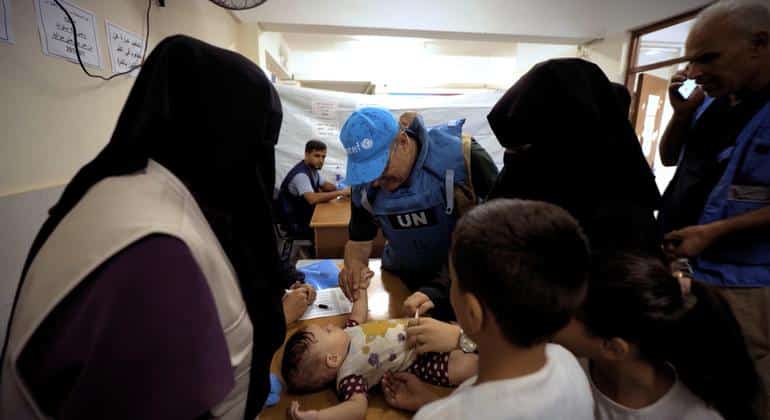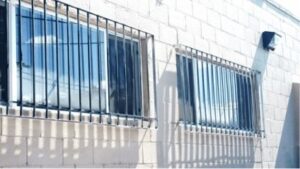Sure! Here’s the translation to American English:
—
After 43 years of service in Saudi Arabia, pediatrician Younis Awadallah, originally from Gaza and nearly 70 years old, decided to retire at the end of 2021. However, the alarming humanitarian crisis in the Gaza Strip, along with the resurgence of poliomyelitis, led him to reconsider his choice and return to the medical field. For Awadallah, this was not just a return to work but an act of “loyalty” to his profession and to the children of his homeland.
His return is based on a deep sense of responsibility. “I felt that my extensive experience and field knowledge could make a difference in critical times,” he stated in a recent interview. Awadallah’s story has resonated widely, especially through the documentary “A Silent Threat to Gaza,” produced by UNICEF. This film highlights the courage of humanitarian workers who, despite the danger and constant siege, strive to provide vaccines to the youngest in Gaza.
During the past year, in brief periods of ceasefire, Awadallah and his colleague Fairuz Abu Warda have vaccinated a significant portion of the region’s child population, becoming important figures in the healthcare sector. His work led to him being named one of TIME magazine’s 100 Most Influential People in Health in 2025.
Despite the adversities, the doctor maintains that humanitarian work must continue. The emergence of poliomyelitis, combined with constant bombings, has strengthened his determination. “The courage of these workers shows that when human dignity is respected and safe access is provided, lives can be saved in the most difficult contexts,” UNICEF stated in a press release.
Awadallah has witnessed the exhaustion, hunger, and fear that his colleagues deal with daily, but that hasn’t deterred his efforts in vaccination campaigns, hoping to bring relief to every home. “Humanitarian work doesn’t retire,” he reaffirms, reflecting his commitment despite the hardships he has faced. His dedication is such that his personal mission has kept him away from his family for two years, with hopes of reuniting soon while he continues to advocate for and protect lives in Gaza.
In a context where danger is constant, he emphasizes the vital importance of ensuring the safety of humanitarian workers, stating that “it’s not a luxury, but an essential requirement.” Awadallah also shares a reflection on resilience: “It’s not the absence of pain, but the ability to rise despite tragedies.” This message of hope resonates as a tribute to those who risk their lives for the well-being of others, reminding us that their work is ultimately a moral obligation.
Source: MiMub in Spanish











